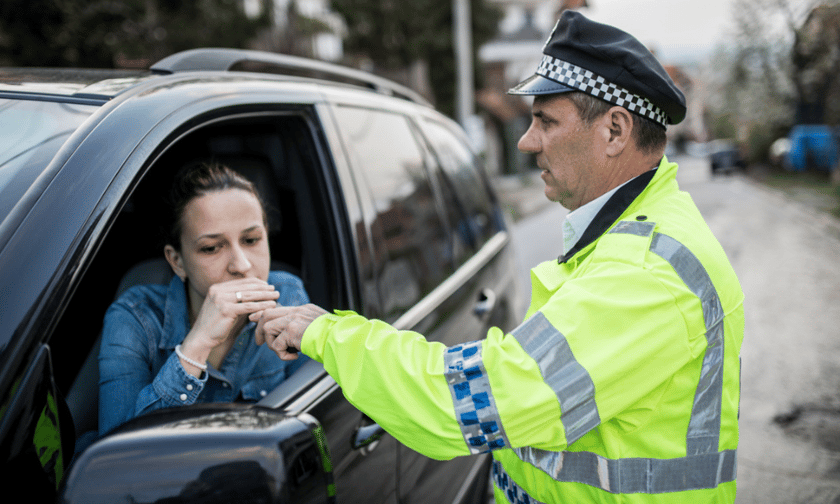

As the festive season unfolds, new findings have revealed growing concern for morning-after drunk driving, highlighting the hidden risks motorists face even hours after consuming alcohol. According to car insurance experts at CompareNI, one in four drivers is unaware that nearly 20% of drunk driving arrests occur the day after drinking.
This misconception stems from a lack of understanding about how long alcohol remains in the bloodstream. Although 81% of survey respondents recognised that only time can reduce blood alcohol levels, 12% falsely believed that drinking coffee, eating breakfast, or sleeping can expedite the process.
The legal alcohol limit for driving varies across the UK: in England, Wales, and Northern Ireland, the limit is 80mg per 100ml of blood, compared to 50mg in Scotland. However, even drivers who stay within these thresholds may remain impaired.
Last year’s Christmas campaign by the Police Service of Northern Ireland (PSNI) recorded 298 drink or drug-driving arrests from December 1, 2023 to January 1, 2024. Alarmingly, 83% of these arrests involved men, and over half of the offenders were aged 30 to 49.
The youngest individual arrested was just 14 years old, while the oldest was 82. Belfast saw the highest arrest rate, with 65 incidents, while Fermanagh and Omagh reported the largest decrease compared to the previous year.
The campaign also recorded a breath test result of 159 mcg per 100 ml—over four times the legal limit in Northern Ireland.
Survey results reflect public apprehension, with nearly a quarter of respondents citing drunk or drug drivers as their top concern during the winter season. Additionally, 43% admitted to knowing someone who had driven over the legal alcohol limit.
Encouragingly, 71% of respondents supported the implementation of a zero-alcohol driving policy, which could align the UK with stricter international standards.
Ian Wilson, managing director at CompareNI, emphasised the importance of personal responsibility.
“It’s shocking that drink or drug driving is still such a prevalent issue. The festive season can be particularly dangerous and there’s real cause for concern given that over half of the district council areas saw an increase in arrests last Christmas,” he said. “However, it is positive to see of the survey results returned 71% were in favour of changing the law to zero alcohol behind the wheel. With a wider range of zero alcohol wines and beers and an increase in public transport options across Northern Ireland, it is hoped that this Christmas will see a dramatic reduction in drink driving offences.”
To reduce risks, drivers are encouraged to:
As the holiday season brings joy and celebration, officials urge drivers to prioritise safety.
Do you have something to say about this story? Share your thoughts in the comments below.
